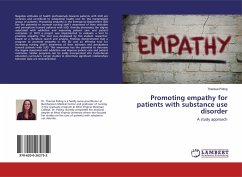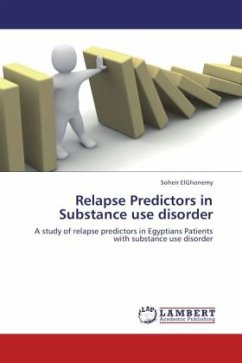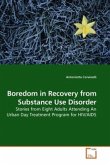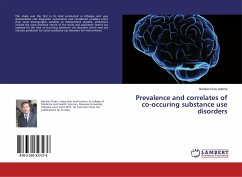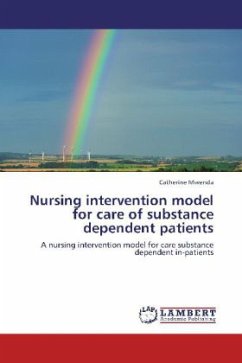Negative attitudes of health professionals towards patients with SUD are common and contribute to suboptimal health care for this marginalized group of patients. Promoting empathy in the Emergency Department (ED) has the potential to increase nursing staff's awareness of their attitudes and perceptions toward patients with SUD, thereby decreasing the stigma associated with addiction and improving patient care and patient outcomes. In 2019 a project was implemented to evaluate a tool to promote empathy. This tool was developed by this student researcher based on a literature search and analysis. Findings demonstrated that a program to promote empathy in the ED was an effective tool for increasing nursing staff's awareness of their attitudes and perceptions toward patients with SUD. This awareness has the potential to decrease the stigma associated with addiction and improve patient care and patient outcomes. Similar programs can be easily incorporated into institutional education curriculum. Larger studies to determine significant relationships between data are recommended.
Bitte wählen Sie Ihr Anliegen aus.
Rechnungen
Retourenschein anfordern
Bestellstatus
Storno

